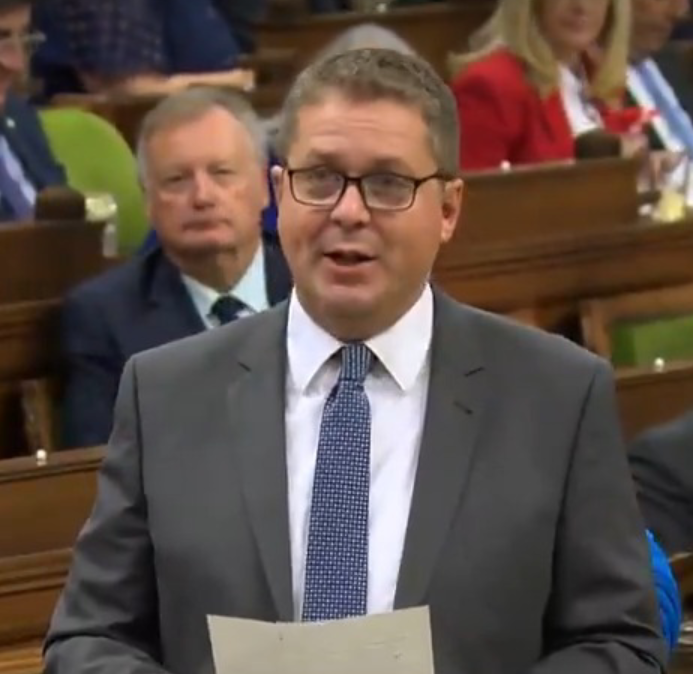
Lagos Govt Slams ₦36m Tax on Streamer Peller, Fans Cry Foul

Habeeb Hamzat, better known by his streaming alias Peller, has found himself at the center of a heated national debate after the Lagos State Government reportedly demanded he pay a staggering ₦36 million in taxes.
The 19-year-old internet sensation, who shot to fame in 2023 with a record-breaking 76,000-view livestream, is now battling not just public scrutiny but also the weight of Nigeria’s evolving digital taxation policies.
The tax dispute, according to Peller, stems from his social media earnings, which surged after his meteoric rise from obscurity.
His sudden financial success has made him a symbol of the country’s booming creator economy — but also a target for revenue authorities keen on tapping into the fast-growing influencer market.
Observers note that his case comes on the heels of the 2023 Nigerian Data Protection Act’s investigation into TikTok over alleged data breaches, a move that hinted at increasing government oversight of digital platforms and the incomes they generate.
For many, Peller’s situation signals a broader crackdown on social media earnings in a space where taxation precedents remain murky.
Public opinion on X (formerly Twitter) is sharply divided. Supporters argue the tax demand is nothing short of extortion, especially for a young man whose rise to fame is barely two years old and includes significant foreign-based income.
Others, however, say Peller’s vocal opposition to the 2024 “30 Days Rant Challenge” protests — a social movement against economic hardship — may have made him a political target, and that the government’s action is justified.
As Nigeria grapples with balancing fair taxation and encouraging its growing digital economy, Peller’s case has become a flashpoint.
Whether this ends as a cautionary tale for young creators or a rallying cry for digital income reform remains to be seen — but for now, the streamer who once ruled the charts with his viral streams is fighting a battle far from the spotlight.


